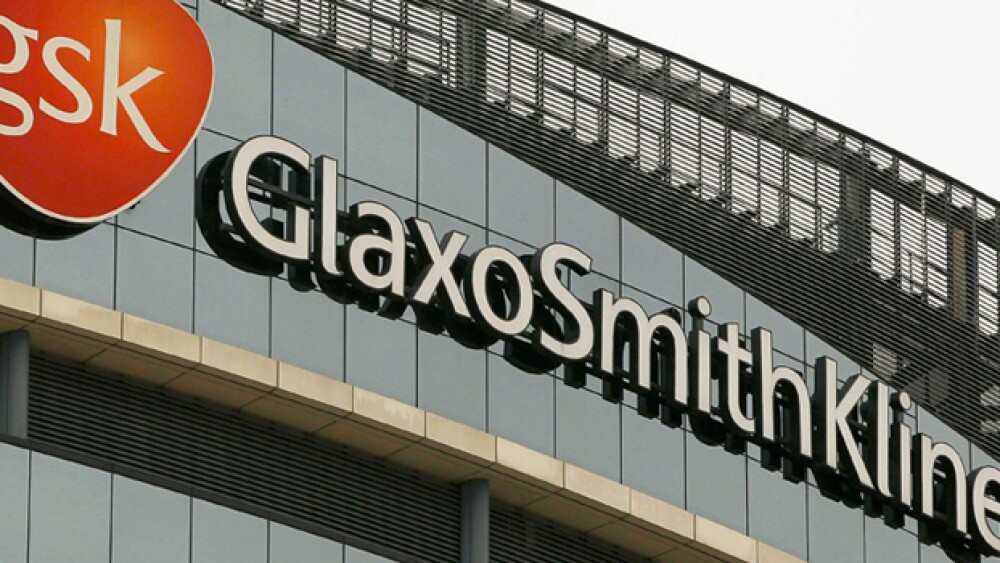Dr Barron was Executive VP, Head of Global Product Development, and CMO of Roche, responsible for all the products in the combined portfolio of Roche and Genentech.
LONDON – GlaxoSmithKline Chief Executive Officer Emma Walmsley continues to shape her executive team. After poaching Luke Miels from AstraZeneca, Walmsley has nabbed Hal Barron from Google‘s Calico to be her chief scientific officer and head of the company’s research and development division.
Barron is currently head of research and development at Calico and will assume his new responsibilities on Jan. 1, 2018. He will take over for Patrick Vallance who is leaving the company for the chief scientific adviser position with the British government. Valance’s departure was initially reported last week, but the company made the official announcement on Wednesday.
By tapping Barron, Walmsley has signaled her increased focus on GSK’s R&D programming in order to field blockbuster drugs to drive revenue. Under Vallance’s tenure as head of R&D, the company has had multiple clinical trial failures, which undermined faith in the company’s research department. R&D accounts for 16 percent of the company’s revenue, but it will soon be facing declines with the lack of new blockbuster drugs and the loss of market share to generic challenges to its asthma drug, Advair.
While at Calico, Barron was the driver behind that company’s use of cutting edge technologies in drug development, Walmsley said. Prior to Barron’s tenure at Calico, he served as chief medical officer of Roche and its subsidiary Genentech.
“Scientific innovation must be at the heart of GSK and with the appointment of Hal, we are bringing one of the world’s foremost R&D leaders to the company,” Walmsley said in a statement. “The fusion of science and technology is fast transforming pharmaceuticals R&D. With Hal, we have a new R&D leader who will drive the changes and choices we need to make to be successful in this new environment, and as we look to build the next wave of growth for the company.”
Barron said he was honored to have been selected as the head of R&D given the company’s “renewed focus on discovering and developing transformational new medicines.” He said GSK is a company with a history of innovation and believes there is a “significant opportunity” to accelerate the development of new therapies.
During his time at Genentech and Roche, Barron became well-known for his work in the development of oncological drugs. He oversaw the development of multiple cancer drugs including Avastin, Tarceva, Perjeta, Kadcyla, Zelboraf and Erivedge. Additionally, he oversaw the development of the asthma drug Xolair, AMD drug Lucentis, rheumatoid treatment Actemra, and CLL drug Gazyva.
When Barron joins GSK, he will remain based in the Bay Area. GSK said the new San Francisco office presence will be focused on business development for R&D.
In July, Walmsley announced a major shakeup to the company’s R&D programming. The company said it will terminate more than 30 preclinical and clinical programs and allocate 80 percent of its research-and-development budget to respiratory and HIV/infectious diseases. Additionally, the GSK plans to strengthen its oncology and immuno-inflammation areas. During a second quarter report, Walmsley pointed to the company’s pharmaceutical division as a catalyst for change. She said the company needs to pull full value from recent and upcoming product launches, make improvements in its cost base, and strengthen its pipeline.
Walmsley said the changes will keep the company a bit leaner. At the time the decision was made, she told reporters that the company had been “too broadly spread.”





